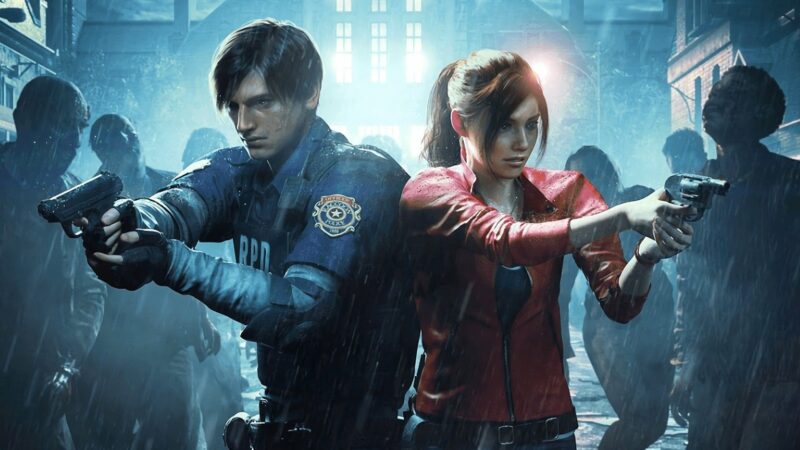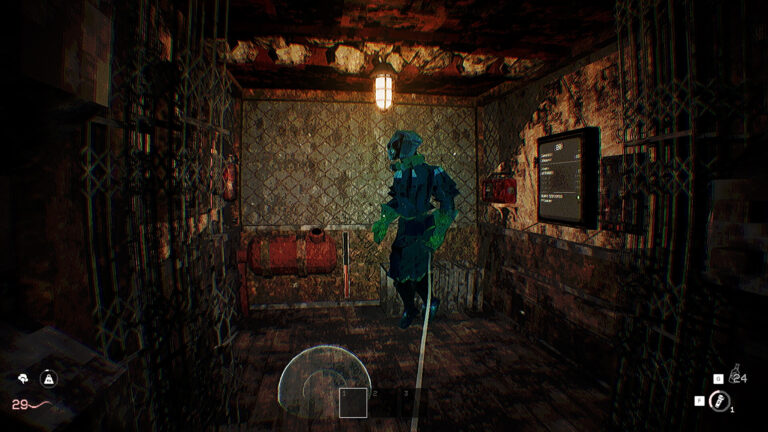Our latest YouTube video delves into the upcoming 30th anniversary of the Resident Evil franchise and raises a pointed question: if Capcom is celebrating this significant milestone, why does it appear to be sidelining the original PS1-era titles in favor of the modern remakes?
Capcom’s strategy now treats the fan-beloved classics as expendable. Rather than simply remastering them, the publisher appears to view the remakes as full replacements, declaring that “we have all of those remakes… It’s already the superior experience.” This shift signals a change in how Capcom values legacy assets and how it approaches preservation of the original games.
Our video outlines potential reasons behind this direction, considering the economic logic of redeveloping iconic entries with modern engines, voice acting, and expanded content, as well as the desire to unify the visual identity of the franchise. Another possible consideration is the belief that older games don’t match today’s quality standards.
But it also explores the implications for longtime fans, that if the originals are no longer prioritized for re-release, what happens to their cultural value, unique design quirks, and historic importance?
We frame a key dilemma facing legacy IP: is preserving the past more important than driving the future? With more remakes likely on the horizon, our video analyzes Capcom’s approach may reshape not only how we experience Resident Evil’s history, but whether that history remains accessible to fans new and old.
Our full analysis video is available now on our YouTube channel and below, prompting our viewers to ask, when a remake eclipses the original, does the original still matter?





